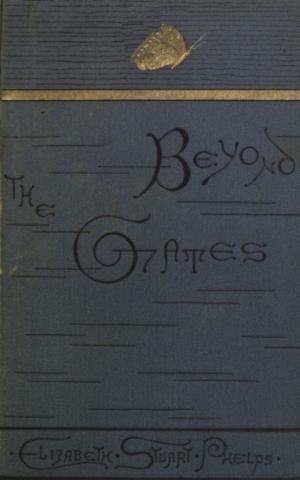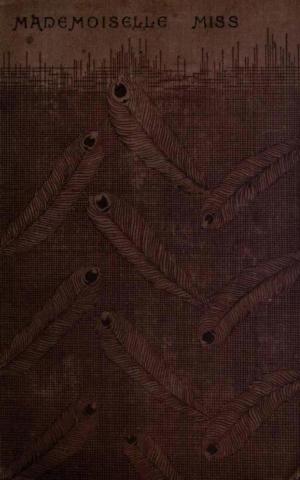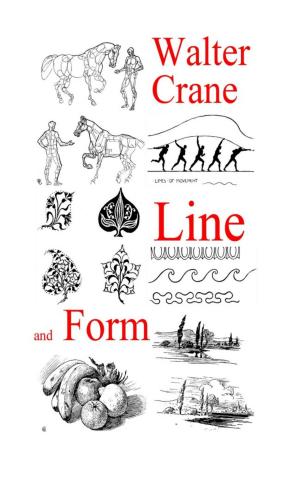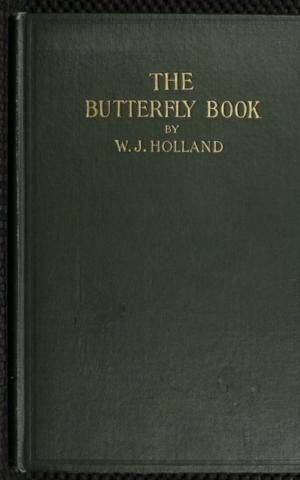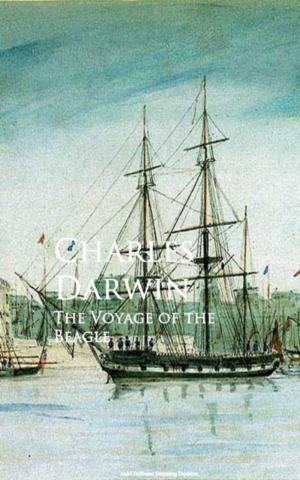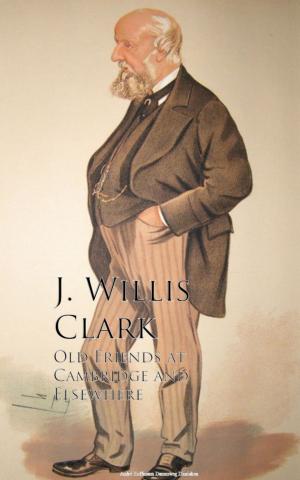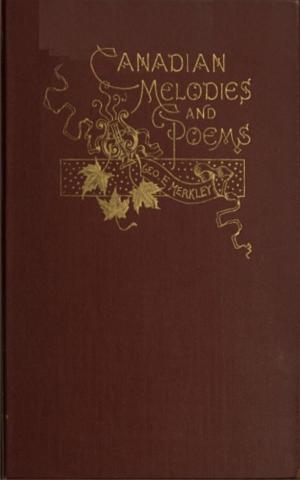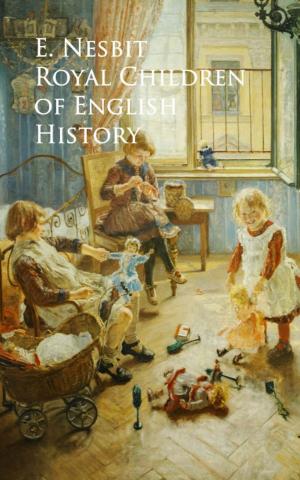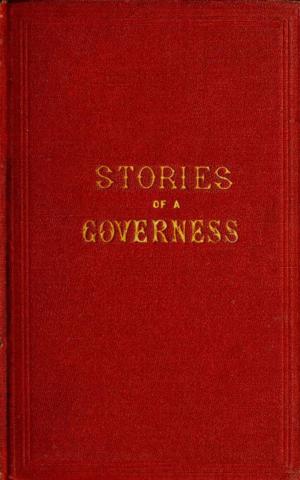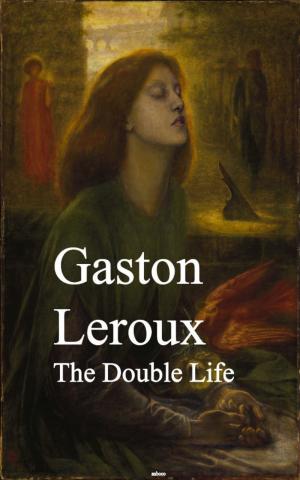| Author: | Mrs. A. T. Thomson | ISBN: | 9783736419384 |
| Publisher: | anboco | Publication: | June 19, 2017 |
| Imprint: | Language: | English |
| Author: | Mrs. A. T. Thomson |
| ISBN: | 9783736419384 |
| Publisher: | anboco |
| Publication: | June 19, 2017 |
| Imprint: | |
| Language: | English |
No complete life of this favourite of James I. and Charles I. has hitherto appeared, except the biographical sketch by Sir Henry Wotton. That interesting account deserves all credit, from the character of its author; yet coming from one who owed Buckingham great obligations, it is more of a eulogy than a memoir; and is evidently written with a view to silence those slanderous attacks which not only pursued the Duke during his life, but continued after his death. The "Disparity between the Earl of Essex and the Duke of Buckingham," by Clarendon, printed, as well as Sir Henry Wotton's Memoir in the "Reliquiæ Wottonianæ," bears, likewise, the impress of enthusiastic admiration. It is the tribute of a partisan rather than the memorial of an historian. viThe opinions expressed, nevertheless, in both these works, have been confirmed, in many points, by the letters in the State Paper Office, to which historical writers have not only now free access, but which have lately been arranged, whilst valuable Calendars have been published, so as to facilitate investigations which were formerly most laborious. In all that relates personally to George Villiers, the State Papers are especially important. The great Rebellion, amongst mightier devastations, swept away most of that domestic correspondence which might otherwise have been found in the three noble families who are collaterally descended from Buckingham; those of the Earls of Jersey and Clarendon, and of his Grace the Duke of Rutland, none of whom possess any letters of their unfortunate ancestor. Nor is this fact to be wondered at, when we consider not only the stormy period that succeeded Buckingham's death, but the extreme youth of his children at the time of his assassination, the second marriage of his widow, and the long years of exile which his heir, George, the second Duke of Buckingham of the house of Villiers, passed in wandering and indigence.
No complete life of this favourite of James I. and Charles I. has hitherto appeared, except the biographical sketch by Sir Henry Wotton. That interesting account deserves all credit, from the character of its author; yet coming from one who owed Buckingham great obligations, it is more of a eulogy than a memoir; and is evidently written with a view to silence those slanderous attacks which not only pursued the Duke during his life, but continued after his death. The "Disparity between the Earl of Essex and the Duke of Buckingham," by Clarendon, printed, as well as Sir Henry Wotton's Memoir in the "Reliquiæ Wottonianæ," bears, likewise, the impress of enthusiastic admiration. It is the tribute of a partisan rather than the memorial of an historian. viThe opinions expressed, nevertheless, in both these works, have been confirmed, in many points, by the letters in the State Paper Office, to which historical writers have not only now free access, but which have lately been arranged, whilst valuable Calendars have been published, so as to facilitate investigations which were formerly most laborious. In all that relates personally to George Villiers, the State Papers are especially important. The great Rebellion, amongst mightier devastations, swept away most of that domestic correspondence which might otherwise have been found in the three noble families who are collaterally descended from Buckingham; those of the Earls of Jersey and Clarendon, and of his Grace the Duke of Rutland, none of whom possess any letters of their unfortunate ancestor. Nor is this fact to be wondered at, when we consider not only the stormy period that succeeded Buckingham's death, but the extreme youth of his children at the time of his assassination, the second marriage of his widow, and the long years of exile which his heir, George, the second Duke of Buckingham of the house of Villiers, passed in wandering and indigence.

